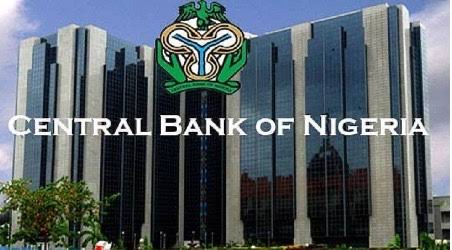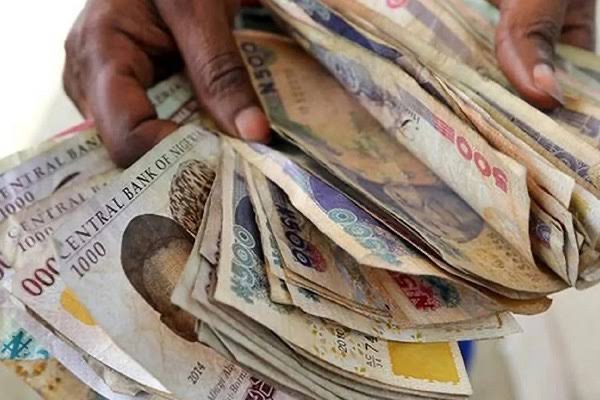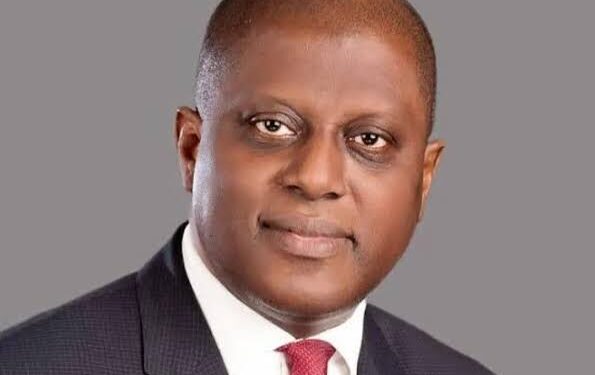Recent data from the Central Bank of Nigeria (CBN) shows that the country’s Currency in Circulation (CIC) has increased to N19.1 trillion in the past five months, despite the tightening stance of the Monetary Policy Committee (MPC).
The increase highlights the momentum of the country’s big currency as the total money supply approaches the N100 trillion mark. CIC includes notes and coins in active circulation in the economy but does not include those stored in CBN vaults or those returned by banks.

The CBN’s “Credit Conditions Survey” showed that credit granted to the private sector during the first quarter of 2024 (Q1-2024) reached N11.21 trillion.
The figures for April and May were NGN3,922 billion and NGN3,965 billion respectively, bringing the total for the period to NGN19,090 billion.
The increase indicates a rise in economic activity and a potential increase in demand for cash transactions. Moreover, Nigeria’s money supply (M3) has reached almost N100 trillion, with the May 2024 statistic showing a new high of N99.235 trillion. This is a 2% increase from April’s N96.974 trillion and a 78% annual increase.
Apart from a tripling in March 2024, the money supply has continued to grow despite the CBN’s tight monetary policy. The MPC has typically maintained tighter policies, including interest rate hikes and other measures to contain inflation and stabilize the currency.

However, economists point out that the increase in currency in circulation indicates continued liquidity in the economy, posing challenges to effective monetary management. While an increase in the CIC will aid economic transactions and growth, careful monitoring is required to prevent inflation and ensure economic stability.
CBN Governor Olayemi Cardoso recently said the MPC is closely monitoring inflation and will set interest rates accordingly. In response to these statistics, Paul Alaje, Chief Economist and Partner at SPM Professionals noted that the current inflationary trend indicates that there is a fundamental problem with the Federal Government’s policies over the past nine years, as inflation has consistently remained in double digits.
“Food prices have risen sharply and poverty has also increased. Going forward, if inflationary pressures continue, the MPC may continue with its tightening measures. The interplay between currency circulation and money supply will be crucial in shaping Nigeria’s monetary policy and economic performance,” Alaje said.































